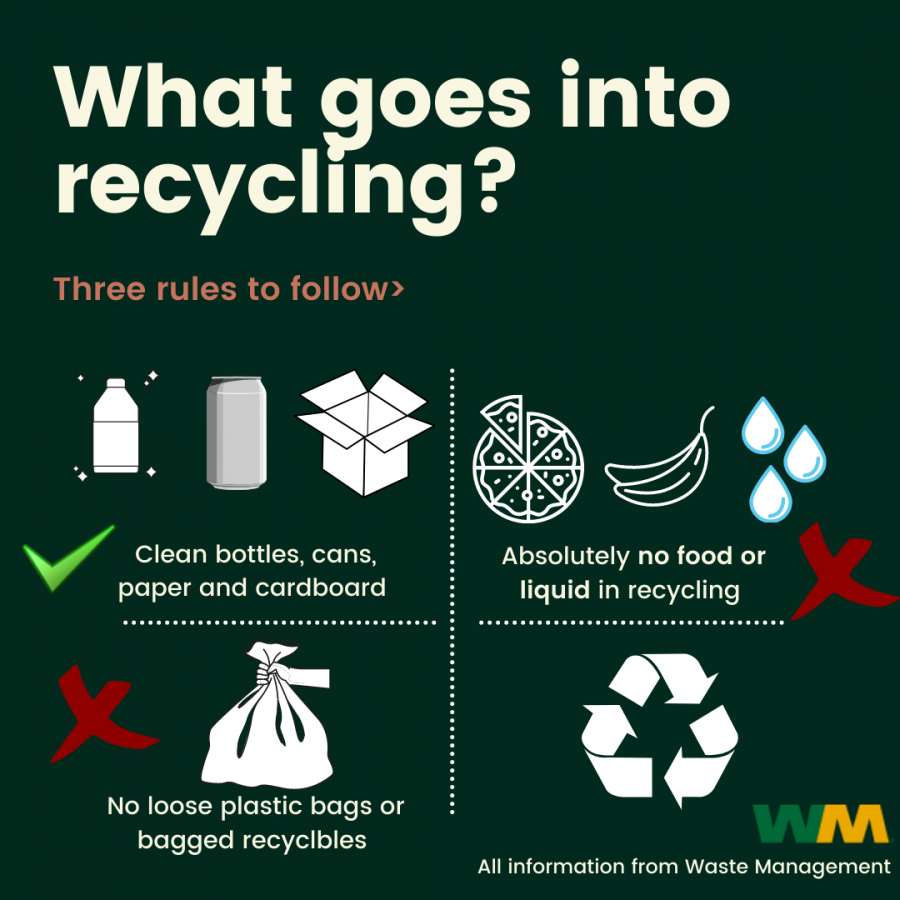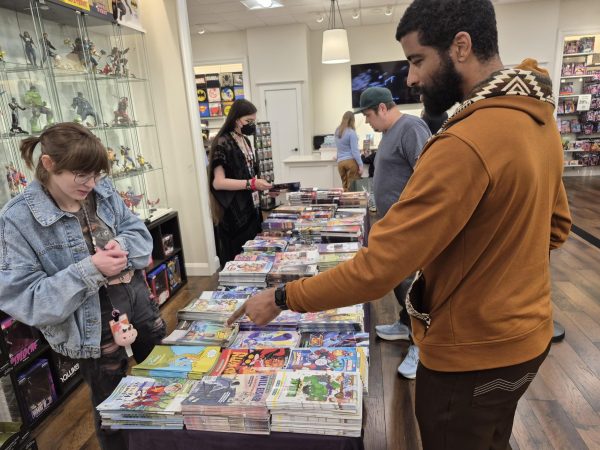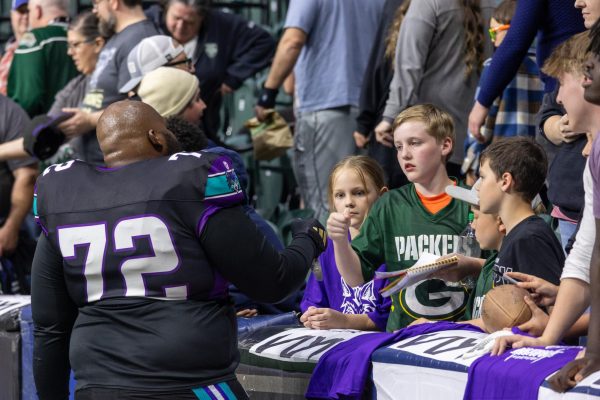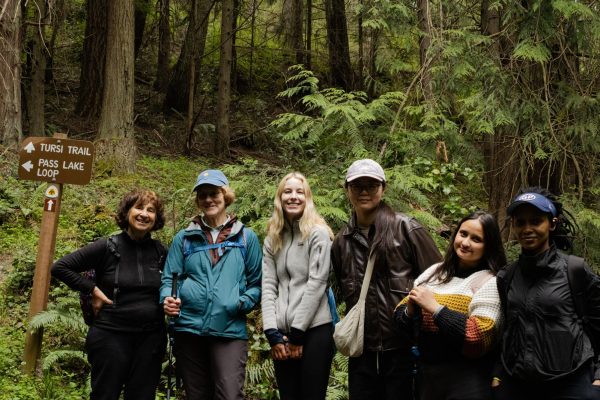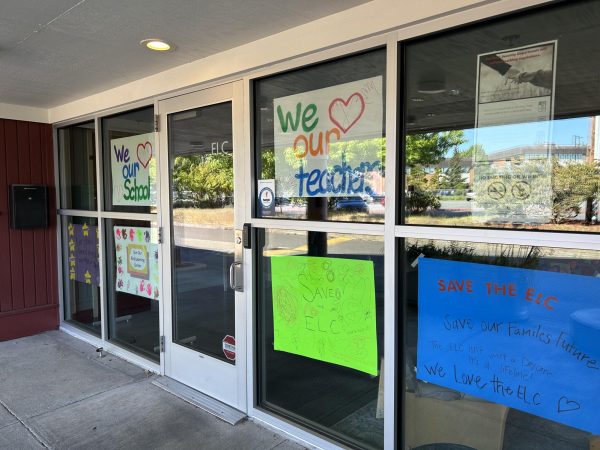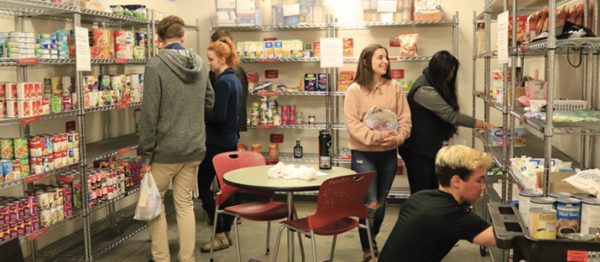Loving the Earth on a Budget
EvCC staff shares student-friendly tips for sustainability.
Image Created by Mikayla Finnerty.
3 Basic Rules to follow for recycling, all information from Waste Management.
1. When You Can’t Always Afford Organic
Regenerative agriculture, a more sustainable alternative to organic, is on the rise within the agriculture community and currently finding its way in the business world. But for now, organic is the best produce option we have at the moment that has an identifiable label and is USDA approved.
Crops considered organic are grown and processed through strict federal regulations and use absolutely no synthetic enhancers, according to the U.S Department of Agriculture.
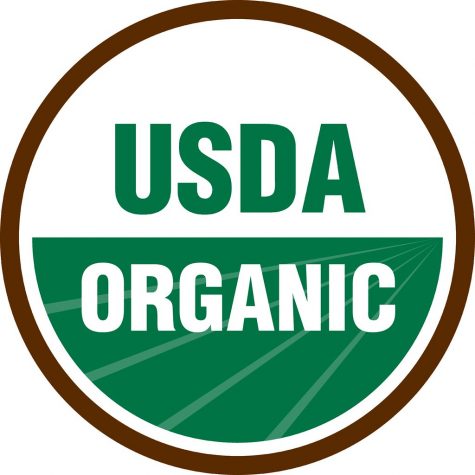
It can be expensive to go organic. If you can’t afford all organic produce, there are some fruits and vegetables you can buy conventionally that don’t use pesticides. Avocados, sweet corn and onions are some produce that are clean.
Nancy Vanderberg, a retired EvCC nutrition instructor and registered dietitian, suggests buying strawberries, spinach and kale when you can afford organic, as they use the most pesticides when grown conventionally. She also points out that “organically grown strawberries are safer for the field workers, who don’t need to worry about pesticide spray.”
Vanderberg mentioned the Environmental Working Group as a good resource for finding clean or dirty products as well as other environmentally helpful tips. They upload a shopper guide every year to suggest what to buy conventionally with no pesticides, and what to buy organic with the most pesticides used in conventional agriculture.
2. Start a Compost Bin
Put a tupperware container (or any container) in your freezer, and discard food scraps there instead of tossing them in the trash. Once it’s full you can donate your compost, use it in your own garden or toss it into your compost bin that you put on the curb. This is a cheap and effective way to give your food scraps a new life.
3. Save Your Glass Jars and Plastic Containers
Instructor Vanderberg uses her glass jars to preserve soup and freezing cherries. By reusing glass items you save money in the long run, and avoid toxic chemicals that come with most plastic packaging. Some ideas of repurposing containers can be storing food, propagating plants, storing herbs, bulk goods and home decor.
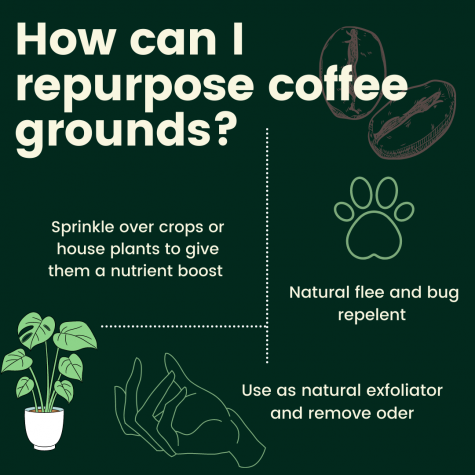
4. Knowing What Goes Where
Recycling and composting can be very confusing, especially when certain places in Washington follow different guidelines.
To narrow down exactly what goes into recycling, compost or trash, the WM CartWise App tells you exactly what goes where in your community. They even have interactive games to help you practice. Laura Wild, current instructor of sustainable food systems and registered nutritionist dietitian, knows the importance of recycling. “We spend a lot of time and money chasing after material items that we think will make us happy,” she says. “Choosing to use less and recycle more frees up so much time to spend on what really matters: connections with people and nature.”
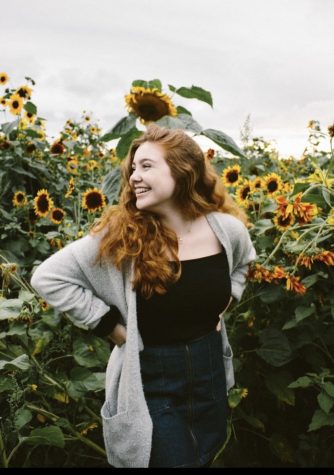
Which words or phrases do you most overuse?
"You know what I'm sayin?"
What is an issue or topic you are passionate about?
Human rights issues...

